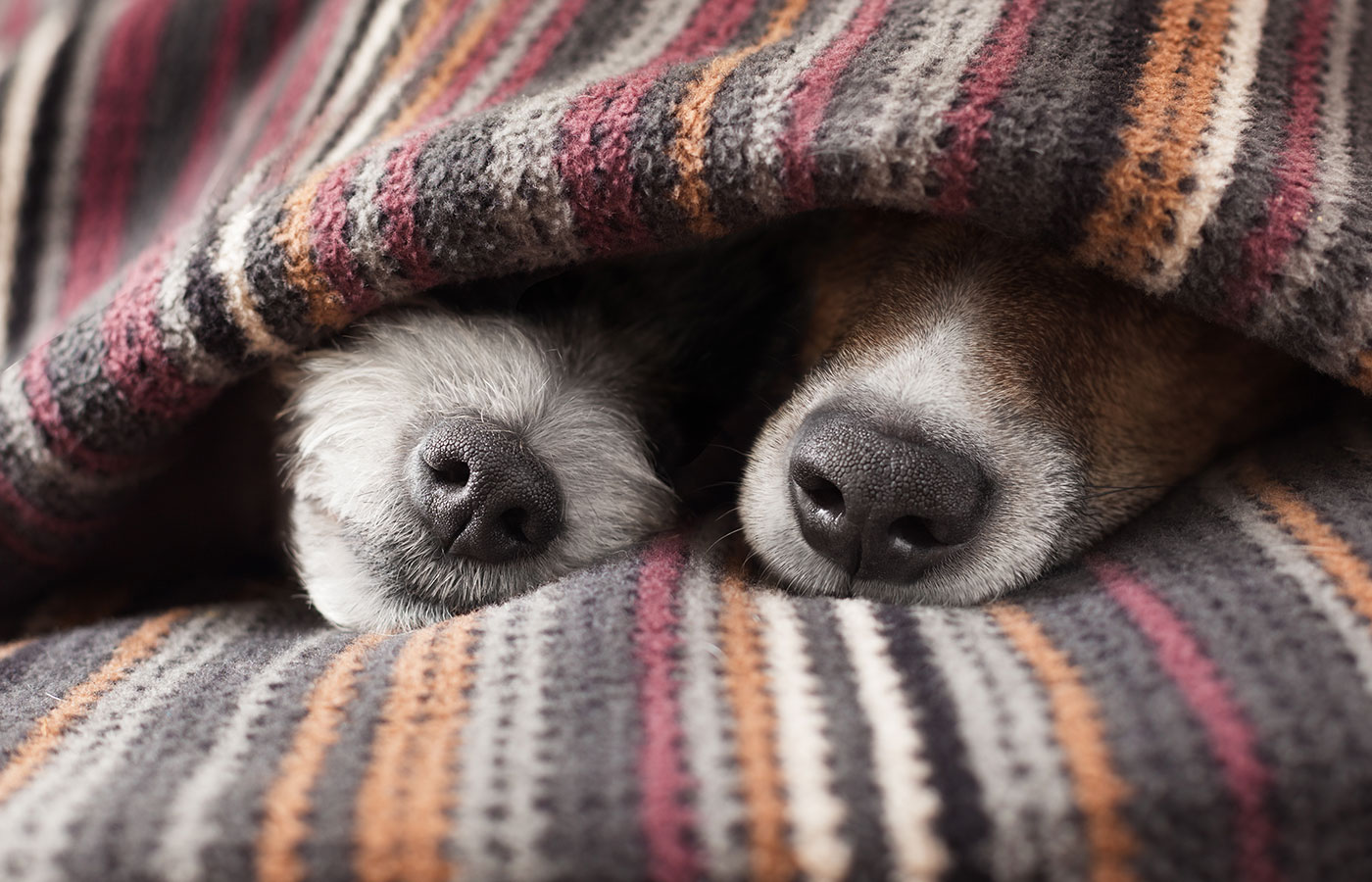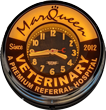
When an emergency happens…
We are ready to help. If your pet needs immediate assistance, please call to let us know you are on the way, so we can be prepared as soon as you arrive.
Upon arrival, your pet will be assessed by our highly skilled team of emergency veterinarians and licensed veterinary technicians. Our emergency veterinarians have extensive experience in treating emergent cases, and are some of the best in California, so you can rest assured that your pet is in good hands. We will collaborate with your family veterinarian to ensure your pet receives the most comprehensive medical care possible.
We provide emergency care for dogs and cats from 8 a.m. to midnight. Additionally, an emergency veterinarian is on staff round-the clock to handle any emergencies that may arise in-hospital.
Common Emergency Situations
Internal Trauma

Unfortunately, internal trauma, such as bruised lungs, fractured ribs, internal bleeding, or organ damage, often does not become apparent until it’s too late. This is why any traumatic event warrants an immediate veterinary assessment by your emergency animal hospital in Upland.
Contact Us For Any Upland Dog or Cat Emergency
If your dog or cat has experienced trauma of any type, seek immediate help from your Upland dog or cat emergency experts. At MarQueen Veterinary Emergency & Specialty, an emergency veterinarian is on-site 24 hours a day, 365 days a year, waiting to assist you. In addition to dog and cat trauma services, our veterinarians are available to perform dog or cat surgery, and administer medical treatments and rehabilitation. Read More
Vomiting/Diarrhea

Dog or Cat Vomiting in Upland
Vomiting can be caused by a variety of problems, including a bacterial or viral infection, parasites, cancer, gastrointestinal ulcers, or an allergic reaction. While some causes of vomiting are unconcerning, only a professional veterinary assessment allows us to differentiate a minor episode from a more serious situation. When you bring your vomiting pet in for care, we will ask you a number of questions to determine the cause. Be prepared to provide details about the following:
- Vomiting frequency
- Appearance of vomited material
- Vomiting severity
- Presence of other clinical signs (i.e., diarrhea, lethargy, inappetance)
If you believe that your pet’s vomiting is caused by an allergic reaction or toxin ingestion, seek immediate care at your Upland dog or cat emergency clinic.
Dog or Cat Diarrhea in Upland
While diarrhea is common in Upland pets, it is never considered normal. Diarrhea can be caused by a variety of factors, including:
- Bacterial infection (i.e., Salmonella)
- Viral infection (i.e., canine distemper, parvovirus)
- Parasitic infection
- Inflammatory bowel disease
- Cancer
- Foreign body (i.e., small toys, clothing) ingestion
- Toxin ingestion (i.e., toxic plants, foods, or household chemicals)
When you bring your pet in for diarrhea treatment, we will ask you a number of questions to determine the cause. Be prepared to provide details about the following:
- Diarrhea frequency
- Diarrhea severity
- Color of your pet’s diarrhea
- Consistency of your pet’s diarrhea
If you are concerned about your dog or cat’s diarrhea, please see an emergency veterinarian at our emergency animal hospital in Upland. We will perform a thorough evaluation to diagnose the cause for your pet’s condition, and begin appropriate treatments. For more serious medical causes of diarrhea, our internal medicine service is available to provide consultation and treatments.
Dog or Cat Diarrhea in Upland
If your dog or cat requires emergency veterinary care for vomiting or diarrhea, contact MarQueen Veterinary Emergency & Specialty in Upland. An emergency veterinarian is available 24/7/365 to assist you. Read More
Toxicity

- Toxic foods — Many foods that cause no problems for people are toxic to dogs and cats. For example, raisins and grapes can cause acute kidney failure in dogs who eat only a few. Garlic and onions can lead to potentially fatal anemia in dogs and cats. And, coffee and chocolate can stimulate the nervous system, causing fatal heart arrhythmias.
- Medications — Prescription and over-the-counter medications can be toxic to pets. Many over-the-counter anti-inflammatories, such as aspirin, Tylenol, ibuprofen, and naproxen, can cause disastrous consequences in pets who ingest the medications.
- Household chemicals — Many chemicals stored in your garage or shed can harm your dog or cat. Fertilizers, cleaning products, and automotive chemicals can all be dangerous. Antifreeze is particularly toxic, and can lead to acute kidney failure.
- Plants — Many common plants, such as azaleas, rhododendrons, sago palms, and lilies can be toxic to your dog or cat. Lilies are particularly toxic to cats, who may suffer from acute kidney failure after ingesting any part of the plant.
Recognizing the Signs of a Upland Dog or Cat Poisoning
While pets who have been exposed to a toxin do not always exhibit obvious signs, it is important to recognize signs that may indicate toxicity. Common symptoms of poison ingestion include:
- Inappetance
- Weakness or lethargy
- Excessive drooling
- Vomiting
- Diarrhea
- Seizures or tremors
- Bruising
- Unexplained bleeding, such as from the nose, or in the feces
- Anxiety or restlessness
- Altered mentation
- Irregular heartbeat
- Respiratory or cardiovascular problems
Rush Your Dog or Cat to Our Upland Emergency Animal Hospital
If you believe that your dog or cat has been poisoned, knowing what to do is important. First, remove the potential toxin, but keep a sample for our emergency veterinarians. Never attempt to make your dog or cat vomit, or give them any type of home remedy, without a veterinarian’s advice. Next, call our Upland emergency animal hospital so we can provide any urgent advice, and so we can prepare for your dog or cat. Upon arrival, our Upland dog and cat emergency team will immediately work to stabilize your pet, and administer any antidotes, medications, fluids, or other necessary measures to save your pet’s life.
MarQueen Veterinary Emergency & Specialty is available to treat dogs and cats suffering from toxicity 24 hours a day. Read More
What to expect
If you believe your pet has been exposed to a toxic substance, call us at 909-303-1700 for immediate advice, or to let us know you are on your way. Also let us know if you will need help transporting your pet from the car into the hospital.

Upon arrival, your dog or cat will be evaluated immediately to assess their condition. Patients who are in critical condition will be prioritized, and will be treated immediately. After your pet is stabilized, a patient care team member will obtain a thorough history about your dog or cat’s situation.

The emergency doctor will meet with you to discuss your pet’s condition. They will perform a more thorough examination of your dog or cat, and provide you with options for diagnostic testing and treatment.

While your dog or cat is hospitalized, you will receive regular updates on their condition.

After your pet is treated in our hospital, our emergency team will recommend one of the following for your dog or cat:
- Return home with discharge instructions that will help you provide continuing care, if needed.
- Remain in our hospital for 24-hour care by our highly skilled veterinarians, specialists, and veterinary technicians.
- Transfer to your family veterinarian for further treatments and follow-up care.
The final recommendation will be a collaborative decision made between you, your emergency veterinarian, and your family veterinarian.
